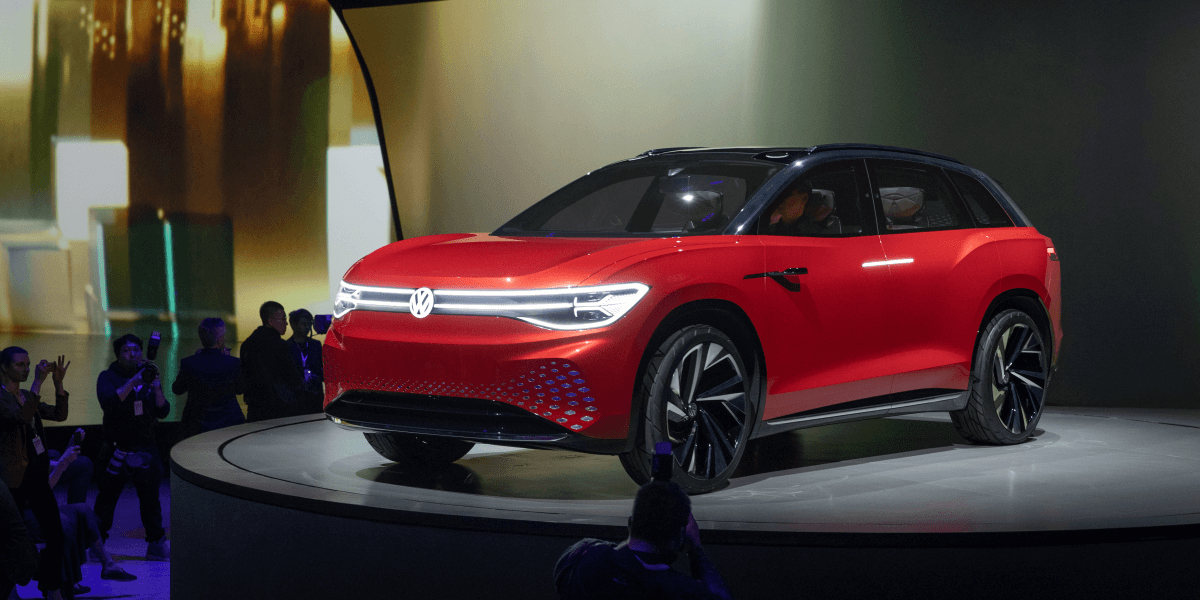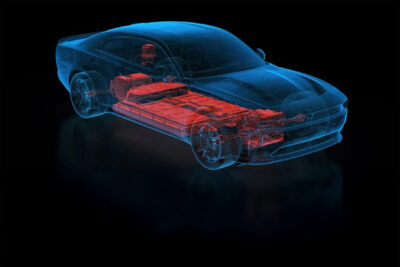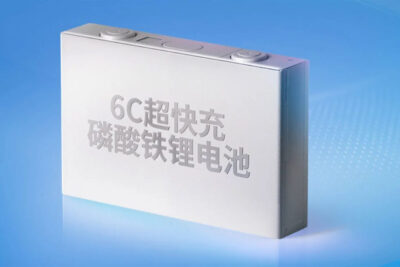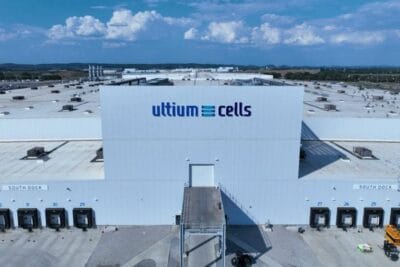VW and JV partners invest €15Bn in e-mobility in China
Volkswagen will invest around 15 billion euros in electric mobility in China by 2024 with its three joint venture partners SAIC, FAW and JAC. This comes in addition to the €33Bn the Group had already announced in 2019 for the global development of the electric car sector.
Last year, Volkswagen set itself the goal of investing just under 60 billion euros in the future-oriented topics of electric cars, hybridisation and digitisation for the period 2020 to 2024. Of this amount, 33 billion was invested in electric cars on a global scale.
Now the Group decided to invest almost half of this sum specifically in the development of electric cars in China. Volkswagen is not making this investment on its own but in cooperation with its local joint venture partners. The aim is to produce a total of 15 different electric and plug-in hybrid models in China by 2025 – with a ratio of 35 per cent purely electric cars and 65 per cent plug-in hybrids.
Several strategic decisions flank the investment project. These include the German carmaker’s ambition that was made public earlier this year, to increase its share in the JAC Volkswagen joint venture to 75 per cent. The German carmaking giant expects to expand its portfolio by up to five additional BEV models by 2025 and to build an electric car factory and a research and development centre in Hefei.
Volkswagen is also active in China when it comes to batteries: This year, Volkswagen Group China acquired a 26 per cent stake in battery manufacturer Gotion. Locally produced electric and plug-in hybrid cars will be equipped with batteries from the Chinese supplier CATL starting this year. The Group has also announced that A123 has been chosen as the second local battery supplier in China. Rumours were already circulating about this in July this year. Volkswagen says that it estimates a future demand for a battery capacity of 150 GWh by 2025.
To support the charging infrastructure offensive in China from the private sector, Volkswagen has also launched an initiative called CAMS with Star Charge, FAW and JAC, which was founded last year. As part of this initiative, the consortium wants to set up a “highly competitive public rapid charging network” and boost the sale of private wall boxes.
Finally, just today Volkswagen Group announced that its subsidiary Audi is planning a new joint venture with FAW in China. The core of the intensified cooperation will be the production of electric cars based on the PPE platform in a new plant. According to the German publication Automobilwoche, negotiations are well advanced and should be concluded by the end of the year. So far, Audi has operated joint ventures in China with FAW (First Automotive Works) and SAIC, both with their production facilities.
There is no doubt that China is an important market for Volkswagen for electric cars. Just how important has been illustrated by the speed with which production based on the MEB platform is being introduced: the first MEB units are scheduled to roll off the assembly lines at two VW plants as early as October. The total capacity will be up to 600,000 units per year. Local production of the VW ID.4, whose world premiere was only a few days ago, could start in the fourth quarter.
President Xi Jinping has recently defined a national roadmap to allow CO2 emissions in China to peak before 2030 achieve CO2 neutrality before 2060. Volkswagen’s China boss Stephan Wöllenstein refers directly to these national goals: “We very much appreciate this announcement, which is what we aim to achieve with our goTOzero strategy,” he says.





0 Comments